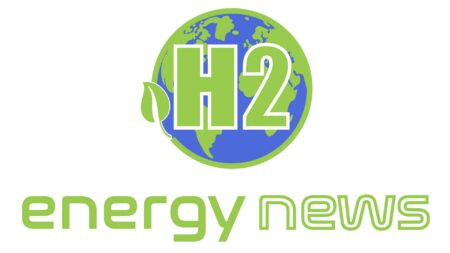Green hydrogen, an eco-friendly energy carrier, is emerging as a key component in China’s strategic ambition to peak its carbon emissions by 2030 and achieve carbon neutrality by 2060, according to a recent report launched by the World Economic Forum at the 14th Annual Meeting of the New Champions in Tianjin, China.
Browsing: Report
Australia finds itself at a critical juncture in its pursuit of becoming a global leader in green hydrogen and ammonia production.
Australia’s leading mining companies, including industry giant BHP, have made a significant decision to prioritize battery electric vehicles (BEVs) over hydrogen for their next-generation fleets.
Malaysia is gearing up for its energy transition by launching two national strategic energy roadmaps this year, signaling its commitment to embracing sustainable and low-carbon solutions.
South Africa is gearing up to make substantial investments in its green hydrogen industry, as President Cyril Ramaphosa, along with Dutch Prime Minister Mark Rutte and Danish Prime Minister Mette Frederiksen, has agreed to establish a joint fund worth one billion US dollars.
In the face of a global energy crisis and the urgent need to achieve climate goals, hydrogen is gaining traction as a clean energy solution in Asia.
After a prolonged period of inactivity, Bavaria’s largest green hydrogen plant in Wunsiedel, Upper Franconia, is gearing up to resume regular operations.
As the world’s environmental concerns mount, alternative, greener fuels are rapidly moving to the forefront of the transportation industry. The maritime sector is not exempt, with efforts focused on harnessing hydrogen’s potential as a sustainable fuel.
A recent study by Evolved Energy Research has shed light on the ongoing debate surrounding the IRA 45V clean hydrogen tax credits.
Hong Kong, despite lagging behind other cities in the adoption of hydrogen fuel for road transport, has the potential to become an innovator in leveraging this technology to combat climate change.


